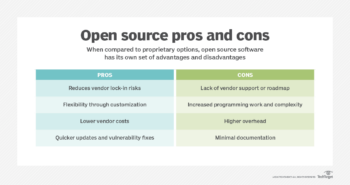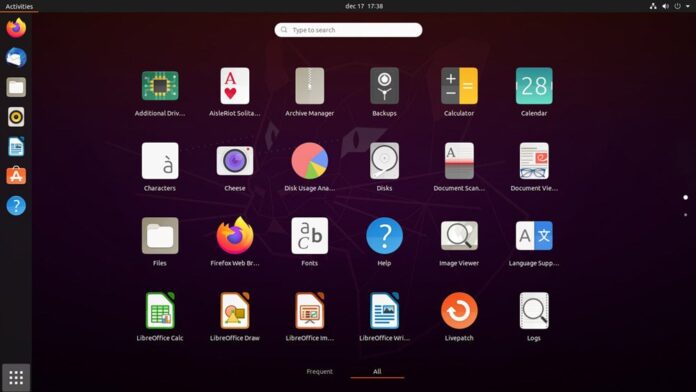Uncover the creation of the GNU operating system, its fusion with the Linux kernel to form GNU/Linux, and the enduring commitment to software freedom.

The GNU Project, initiated in 1983 by Richard Stallman and his associates at MIT, has been a groundbreaking mass collaborative effort for the development of free software. The term “free” in this context emphasizes users’ freedoms to use, study, share, and improve the software rather than just its cost.Stallman’s vision emerged in response to the restrictive practices of proprietary software vendors in the 1980s. He aimed to democratize software development by fostering collaboration between developers and users, resulting in the creation of the operating system (OS). The name GNU, a recursive acronym meaning “GNU’s Not Unix,” reflects its open and free nature.
The project addressed the decline of freely distributed software in the 1980s, countering proprietary restrictions. Stallman’s group not only developed the complete GNU OS within a decade but also combined it with the Linux kernel, leading to the birth of the GNU/Linux OS. While the kernel is Linux, the rest of the system is GNU, adhering to Stallman’s copyleft concept, ensuring the software remains free.
The GNU OS encompasses compilers, text editors, and various components, designed to operate with either the Linux kernel or GNU’s own kernel, Hurd. The GNU licenses, GPL and LGPL, outline terms for copying, modifying, and distributing free software, ensuring its perpetual freedom for all users. The present and future focus of the GNU Project revolves around championing the open-source movement. As a pioneer in this domain, the project provides not only free software but also resources, documentation, and books for software developers. It actively addresses challenges such as patents and perceived unfair monopolies that pose threats to the open-source movement.
The Free Software Foundation, established in 1985, upholds the principles of free software, based on four key freedoms: use, study, share, and improve. Any software adhering to these freedoms is considered free, emphasizing the importance of unrestricted usage, open study, and collaborative improvement. The GNU Project’s journey from its inception to the present reflects a significant milestone in the development of free and open-source software. As it continues to evolve, the project stands as a testament to the enduring principles of collaboration, freedom, and democratization within the realm of software development.
















































































